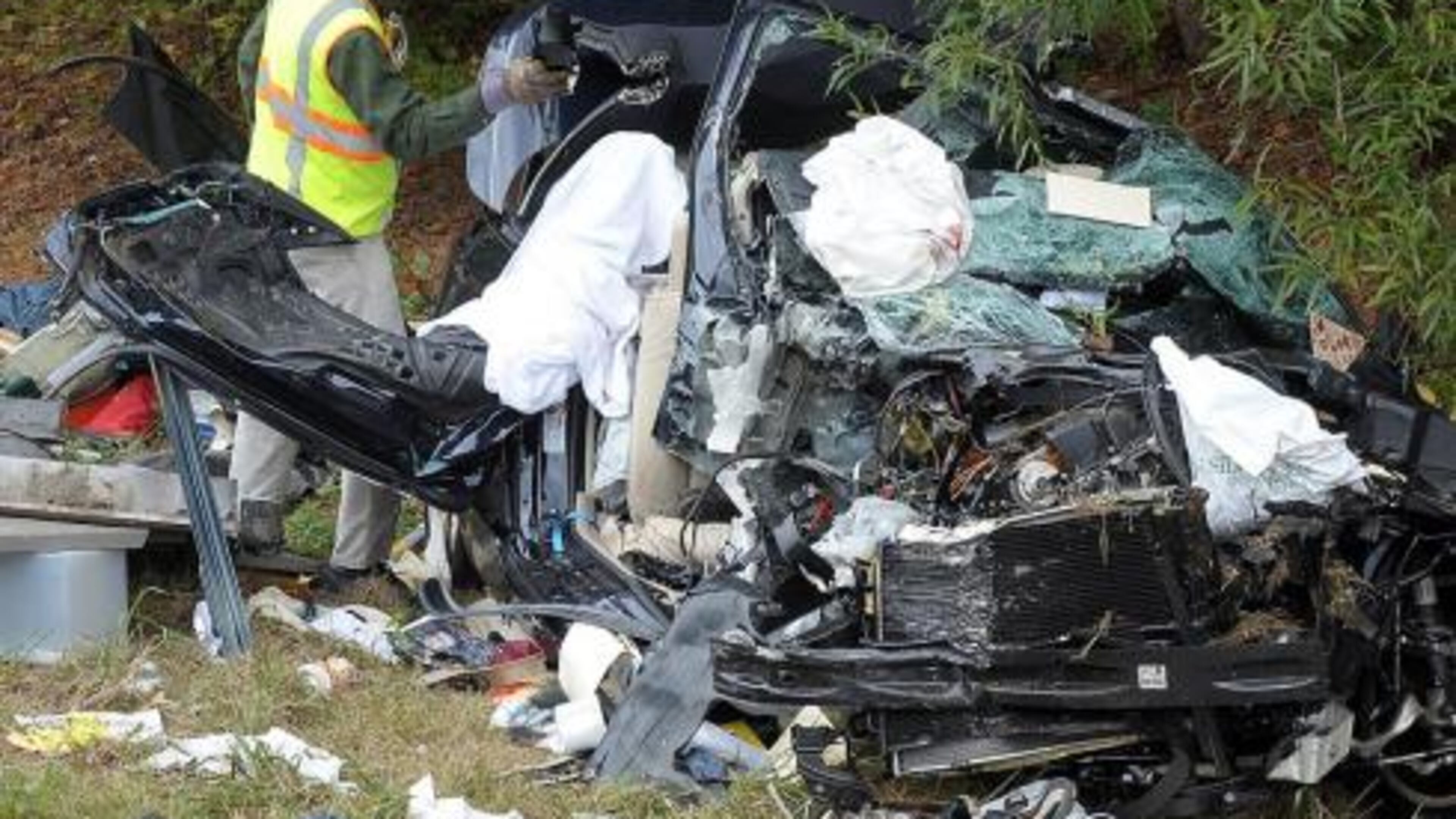Let's put terrorism, domestic and otherwise, into perspective

Perspective can be a hard thing to come by in today's cacophonous world, with so many competing demands on our time and attention. So let me take a moment and run three numbers by you:
- Number of persons killed on U.S. soil since Sept. 11, 2001 by jihadist-oriented groups or individuals: 26
- Number of persons killed on U.S. soil since Sept. 11, 2001 by domestic anti-government or racist extremist groups or individuals: 48
- Number of persons killed on Georgia highways so far in 2015: 597
The first two numbers come courtesy of a running tab by New America Foundation, a Washington-based think tank (h/t New York Times). The third comes from the Georgia Department of Transportation.
You can take a variety of lessons from those numbers. For example, the annual death rate from jihadist attacks -- fewer than two a year since 2001 -- suggests that the U.S. government has been far more effective than generally believed in reducing that threat. More people die in lightning strikes each year than have been killed by Islamic extremists since 2001. And as predicted by that infamous 2009 Homeland Security briefing to law enforcement, domestic terrorism has been almost twice as deadly as that committed in the name of jihad or Islamic extremism.
And then there's the highway death toll, which we blithely accept as the price of doing business. Seeing those numbers, I can't help but recall a billboard posted outside the front gate of a military base many years ago where my father was stationed. It read: "You are about to enter the most dangerous place on the planet: A public highway."
If some 600 Georgians had been killed so far in 2015 by terrorism, domestic or otherwise, I'm pretty sure that we'd be seeing a massive law-enforcement crackdown with considerable infringement on the right to travel freely, to communicate freely and to live our lives free of government surveillance. The fear and panic would be palpable, dominating every public debate or discussion.
But since those deaths are occurring on the highways, we won't consider even relatively minor steps such as reducing the speed limit to 55 mph or banning cell-phone use while driving. Logical? No. But very, very human. We are genetically programmed to fear being targeted for attack by others far more than we fear becoming the victim of an accident, which we can shrug off as more or less an act of God. And our public policy reflects that irrationality.
Likewise, we are much more likely to fear being attacked by those whom we consider to be outsiders than we are by those inside our group, even when the actual risk is reversed. For example, child sexual abuse is three times more likely to be committed by a family member or family friend than by an outsider, and a white person in America is six times more likely to be killed by another white person than by a black person. But human beings being what we are, you'd have a hard time convincing some people of that. The "lizard brains" buried deep inside each of us are far more powerful than we would like to admit.
More Stories
The Latest


